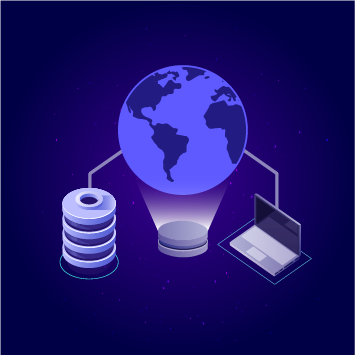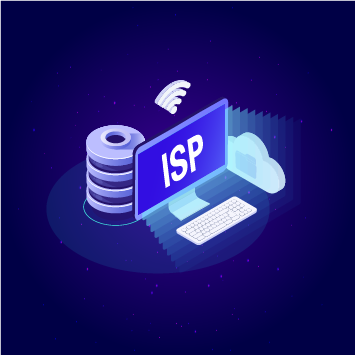Proxies—those magical tools that let you browse the internet like a digital ninja, cloaked and untraceable. If you’ve dived into the world of residential proxies, you’ve probably faced the ultimate showdown: rotating IPs vs. static IPs. It’s like choosing between coffee and tea, cats and dogs, or pineapple on pizza (spoiler: it belongs there). But today, we’re here to talk about why rotating residential proxy IPs might just be the Beyoncé of the proxy world. Let’s break it down, shall we? 1. The Art of Being Sneaky Imagine you’re at a buffet and you keep going back for more food. If you’re using a static IP, it’s like wearing a bright neon shirt that says, “Yes, I’m here for my 10th plate of shrimp.” The website notices you, and bam! You’re blocked. But with a rotating IP? You’re like a master of disguise, showing up as a different person every time. “Who, me? No, I’m definitely not the same person who just grabbed all the crab legs.” Sneaky? Yes. Effective? Oh, absolutely. 2. Say Goodbye to Blocks and Bans Static IPs are like that one friend who always gets caught sneaking into the movies—predictable and easy to track. Websites love to slap bans on static IPs because they’re easy targets. Rotating IPs, on the other hand, are like a group of identical twins showing up one by one. Who’s who? Nobody knows! Websites can’t keep up, and you’re free to browse, scrape, or shop to your heart’s content. 3. More Data, Less Drama Whether you’re collecting data for your business or just trying to snag the best sneaker drop (we see you, sneakerheads), rotating IPs are your MVP. They allow you to access multiple pages or perform actions without raising suspicion. Static IPs? They’re like that one guy at the gym who hogs the treadmill—eventually, someone’s going to kick him off. 4. Location Roulette Rotating residential proxies often let you switch locations faster than a travel blogger with unlimited airline miles. Need to pretend you’re in New York one second and Tokyo the next? Done. Static IPs are stuck in one spot like a grumpy cat refusing to move from its favorite chair. 5. Because Who Doesn’t Love Variety? Let’s face it: life is more fun with options. Rotating IPs are like a box of assorted chocolates—you never know what you’re going to get, but it’s always exciting. Static IPs? They’re that one chocolate bar you’ve been nibbling on for weeks. Sure, it’s reliable, but where’s the thrill? Final Verdict If you’re looking for stealth, flexibility, and the ability to outsmart websites like a tech-savvy James Bond, rotating residential proxy IPs are your best bet. Static IPs have their place (like when you really need consistency), but for most scenarios, rotating IPs are the life of the proxy party. So go ahead—rotate your way to internet freedom. Just don’t forget to share some of those crab legs at the buffet!
2025-01-22





